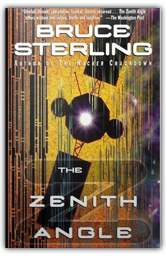
The Zenith Angle, futurist Bruce Sterling's first novel since Zeitgeist, tells the story of Derek "Van" Vandeveer. As the story opens, Van sits peacefully at his breakfast table enjoying life as a new homeowner and happily married man, with a new son and a fortune in stock options. Then the morning news reports a jetliner has crashed in nearby Manhattan—colliding with the World Trade Centre. Like many other Americans' lives, Van's will never be the same. He leaves his corporate job to work fighting terrorism for the US government. He soon finds himself sequestered at a top-secret undisclosed location while his fortune vanishes, his former company sinks into a morass of lawsuits and arrests, and his wife and son move to the far side of the country. As Van is transformed from cyber-whiz to spook, he finds himself changing in ways he would never have imagined. —Cynthia Ward, Amazon.com 
Generally regarded as the classic tale of life struggling on after a global disaster, Earth Abides (1949) was George R. Stewart's only venture into SF. Before the first page the human race has been almost completely wiped out by plague. Our hero Isherwood "Ish" Williams discovers a female survivor and fumblingly tries to bring up a new civilization in the ruins of California. It's an elegiac story of loss as humanity makes it through the crisis, at the cost of our race's painfully gathered knowledge—which seems irrelevant to the new generations as they develop a hunter-gatherer society reminiscent of the old Amerindian tribes, and see no practicality in the fabulous tales of the old days told them by Ish. His nickname is deliberately reminiscent of Ishi, the once famous Californian Indian who was also the last of his tribe and became a misfit in a new world, in his case early 20th-century America. Annoyingly for fans of survivalist SF who reckon civilization can be rebuilt in about a month with a Swiss army knife, Earth Abides proposes that the cycle of regrowth will take significant time ... but there is always time. Stewart's title and epigraph echo the Book of Ecclesiastes: "Men go and come, but Earth abides." One of the sadder, gentler Millennium SF Masterworks reissues. —David Langford 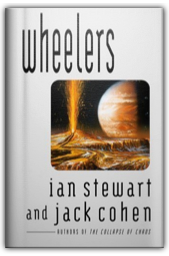
Novels written in tandem can often be somewhat faceless but this is assuredly not the case in Ian Stewart and Jack Cohen's' admirable SF epic Wheelers, an ambitious and galaxy-spanning piece that is crammed full of character. In the 23rd century, civilization is recovering from a massive freeze that has decimated the population of the earth. The Moon and the asteroids are under the control of a Tibetan Zen Buddhist sect, and the task of exploring the planets is the province of a motley group of outcasts. This is the background for Stewart and Cohen's high-concept thriller. The authors are scientists, and (as so often when this is the case) they're best at the technology—but, nevertheless, the characters here have infinitely more solidity than is customary. And how confidently the concepts are delivered here! This is high-flying stuff. |
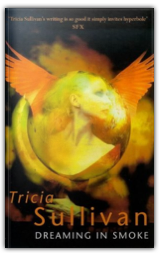
Remember the first time you picked up Neuromancer or Snow Crash and found yourself bewitched by the succubus of cyberpunk, enthralled by new worlds and dimensions, your imagination pummelled into impossible configurations? Nowadays, the term conjures up recycled nightmarish visions of Blade Runner-esque cityscapes and humanoids either hyped up on technodrugs or jacked into the mainframe. In fact, these have defined the genre for so long that you may not realise that other possibilities exist until you read Dreaming in Smoke. How many SF books have you read that combine cyberpunk, hard science and worldbuilding in one smooth, gripping volume? Tricia Sullivan, praised as one of the finest new talents in the field by David Brin, has crafted an utterly fresh view of our interaction with artificial intelligences. Her characters, the protagonist Kalypso, the scientist Marcsson, the AI Ganesh and the unyielding alien planet T'nane are drawn in vivid, seductive detail, while the plot evolves in an exquisitely riveting course toward uncharted horizons, breathing new life into old ideas. At last, cyberfiction has escaped the confines of dark, fetid futures, matured beyond the adrenaline and attitude and is free to reach into all areas of SF and the universe at large. —Jhan 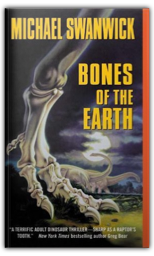
Paleontologist Richard Leyster is studying the dinosaur-fossil discovery of a lifetime when a stranger comes into his office with an ice cooler and an offer: a mysterious and dangerous job that pays no better than Leyster's beloved current position at the Smithsonian. He rejects the offer and the stranger departs, leaving the cooler. Leyster opens the cooler and finds the head of a just-slain stegosaur. It really is an offer he can't refuse: a job that will allow him to study living dinosaurs. But the stranger has disappeared, and Leyster has no idea where to find him. |

Mike Scott
Collection Total:
4227 Items
4227 Items
Last Updated:
Feb 21, 2010
Feb 21, 2010

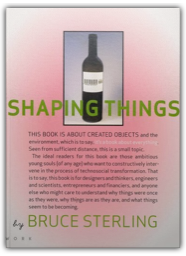
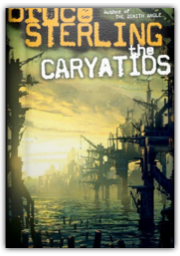

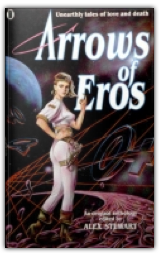
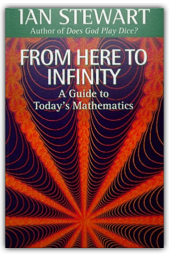
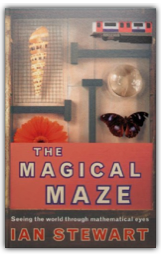
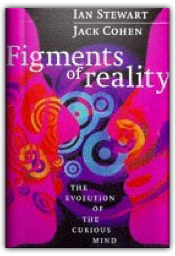
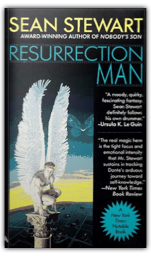
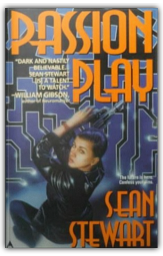
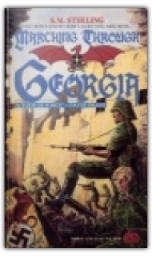
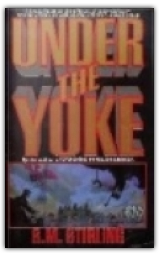
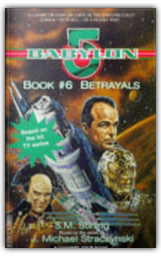
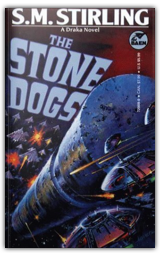
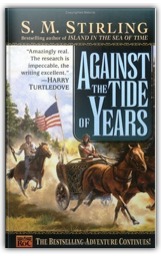
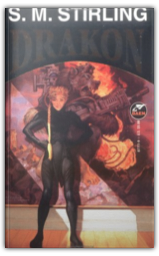
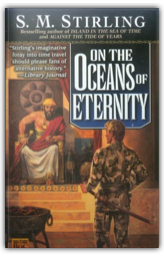
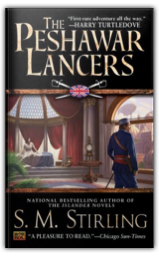
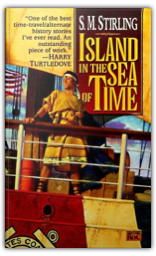
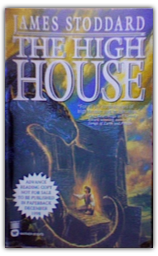
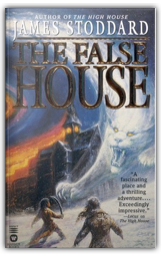
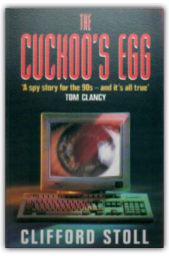
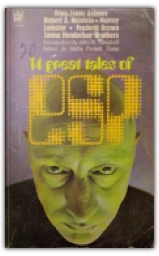

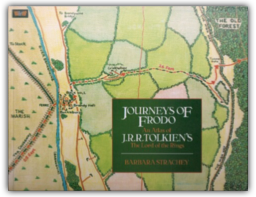
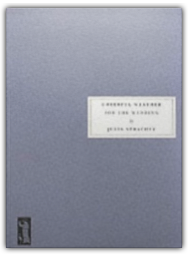
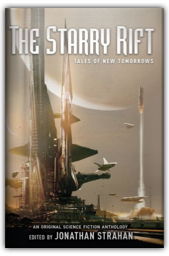
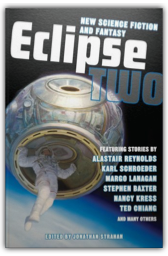
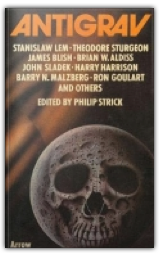

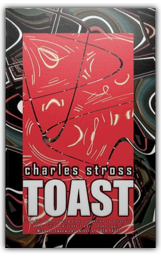
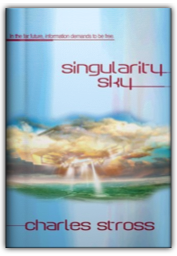
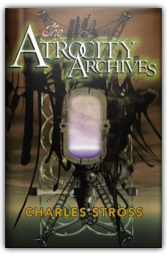
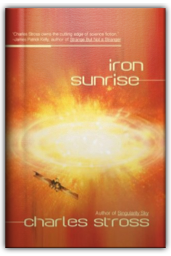
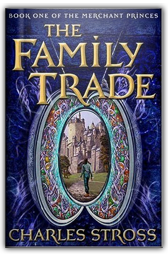
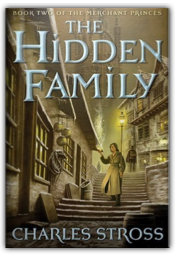

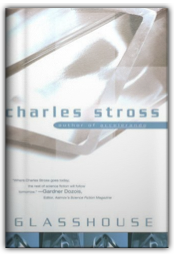
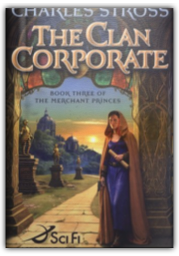
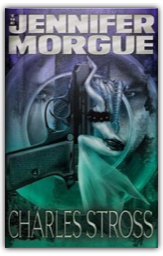
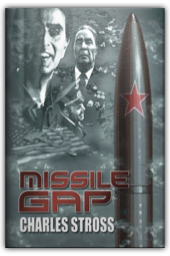
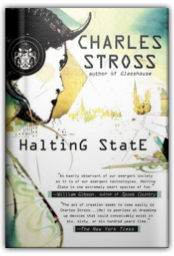
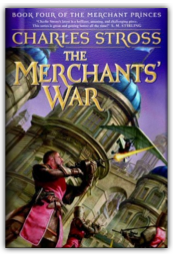
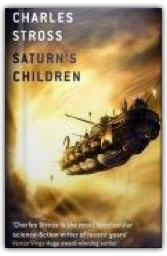
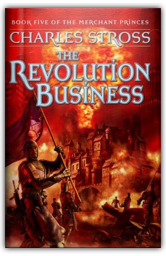
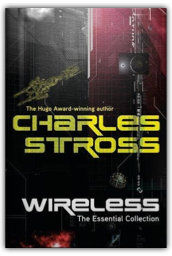
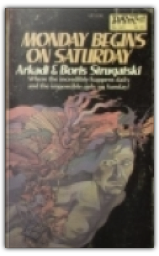
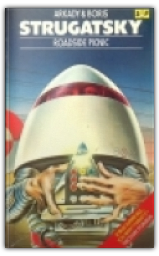
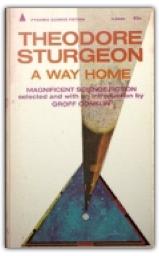
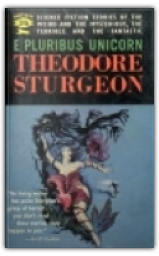
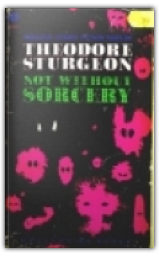
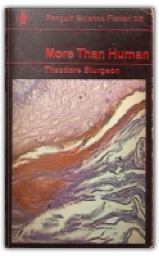
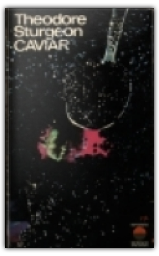
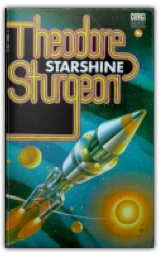

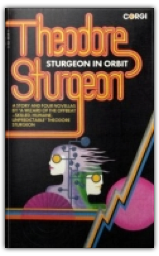
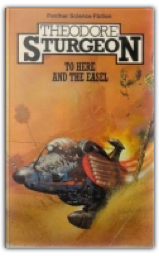
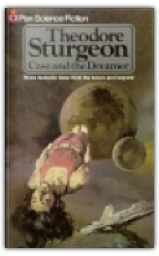
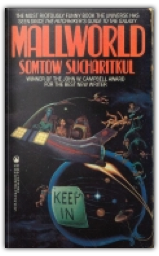

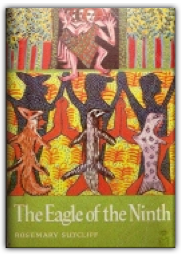
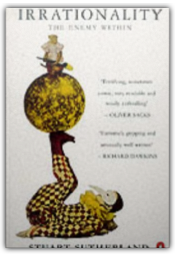
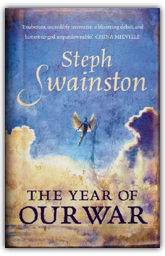
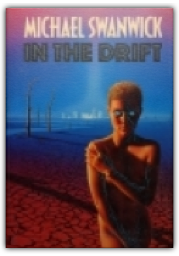
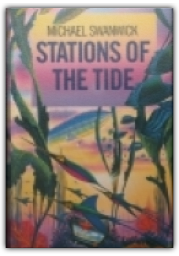
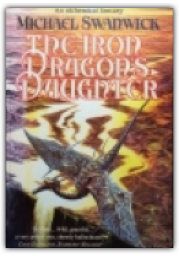
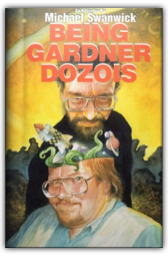



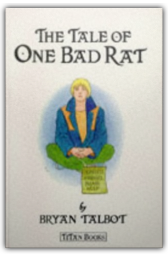


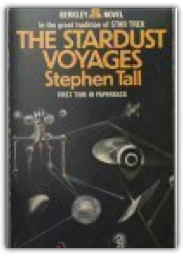




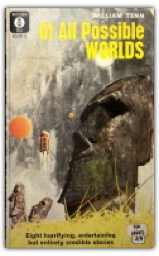
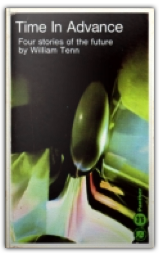
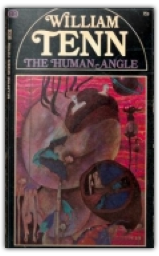
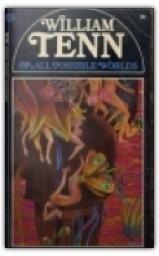
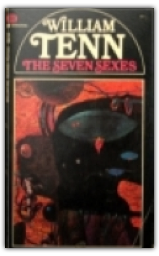
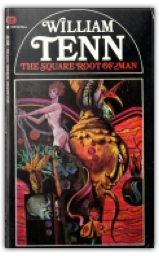

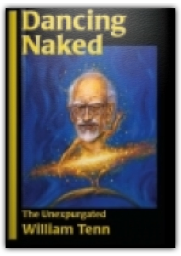
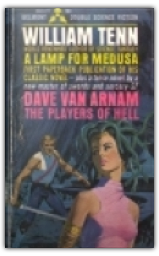
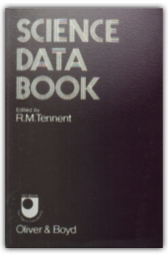
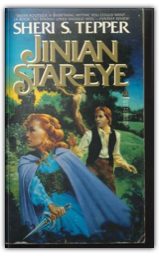
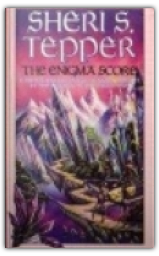
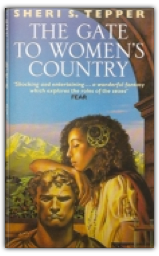
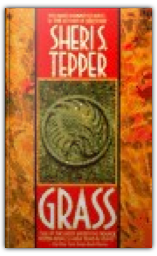

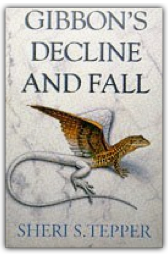
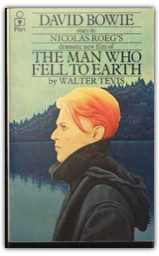
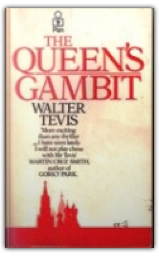
 Made with Delicious Library
Made with Delicious Library